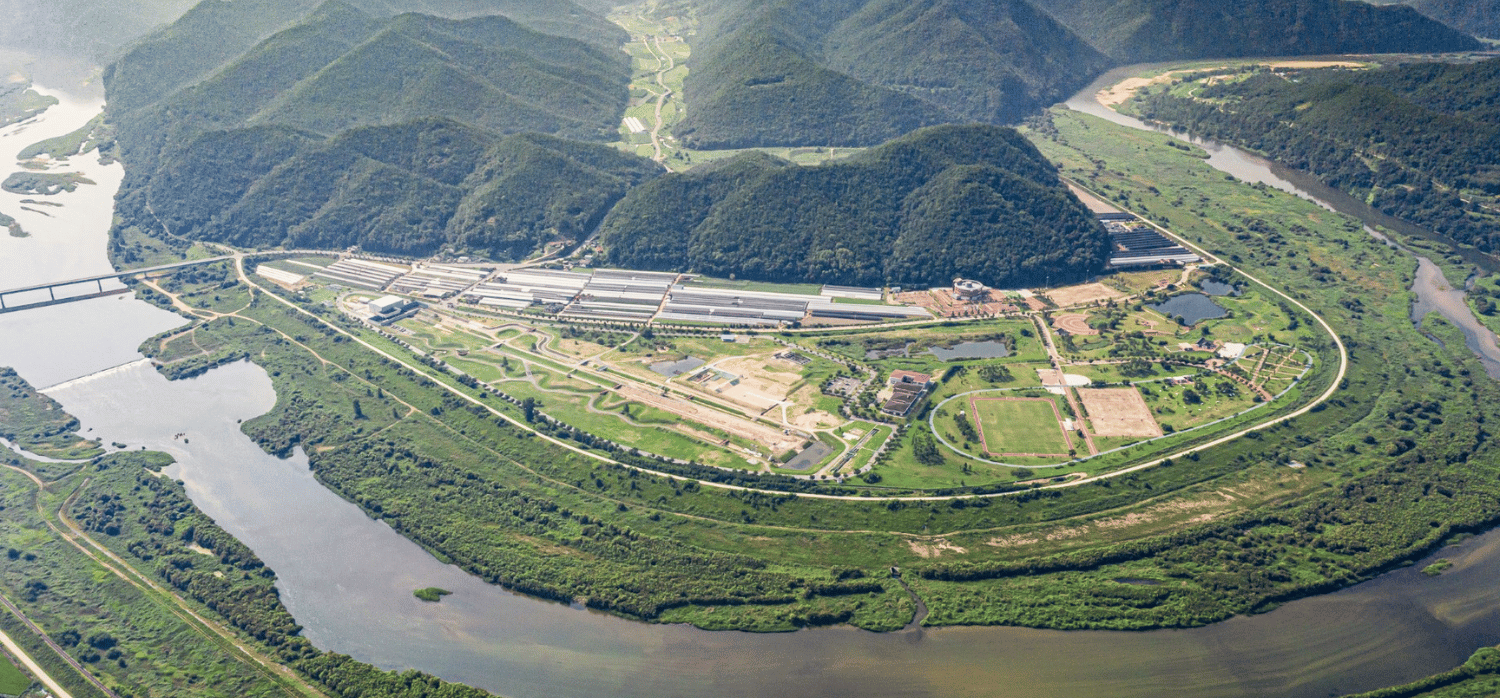Plastic pollution interceptor testing restarts following flood damage
Infrastructure installed in South Korea’s South Chungcheong Province in 2019 was badly affected by heavy rains. Now a new design offering improved resilience and automated debris identification will operate for at least two years

Developed at the Korea Institute of Civil Engineering and Building Technology [KICT] by a team led by Dr. Sang Hwa Jung, the revised blueprint has been created to provide more protection against the kind of extreme weather events becoming increasingly commonplace. It is hoped significant fluctuations in the water level and current will no longer pose a direct threat to the system.
The previous design, similar to those used by organisations like Ocean Cleanup and Ocean Conservancy, was successful at collecting debris that would otherwise have been bound for the seas, and it is hoped this technology could quickly begin to reduce the amount of plastic pollution currently floating around the world.
‘Garbage that enters the sea is difficult to collect due to its wide spreading nature and contains impurities (salts, mud, etc.) that increase the cost of cleaning-up process, so it is necessary to intercept and collect it from rivers before it enters the sea, said KICT’s Dr. Jung.
In addition to adjustments to improve flood resilience, the latest iteration also uses AI to recognise the type and quantity of waste in the river, and create an optimal collection timeline, ensuring everything that passes through the system is dealt with efficiently and effectively. Operational until at least 2026, the team will continue to make improvements to their design as the test goes on, based on real-time data.
More on plastic pollution:
You are what you drink: 250,000 plastic particles in bottled water
Closing loops: Recycling strategies to save the planet in 2024
Image: KICT
















